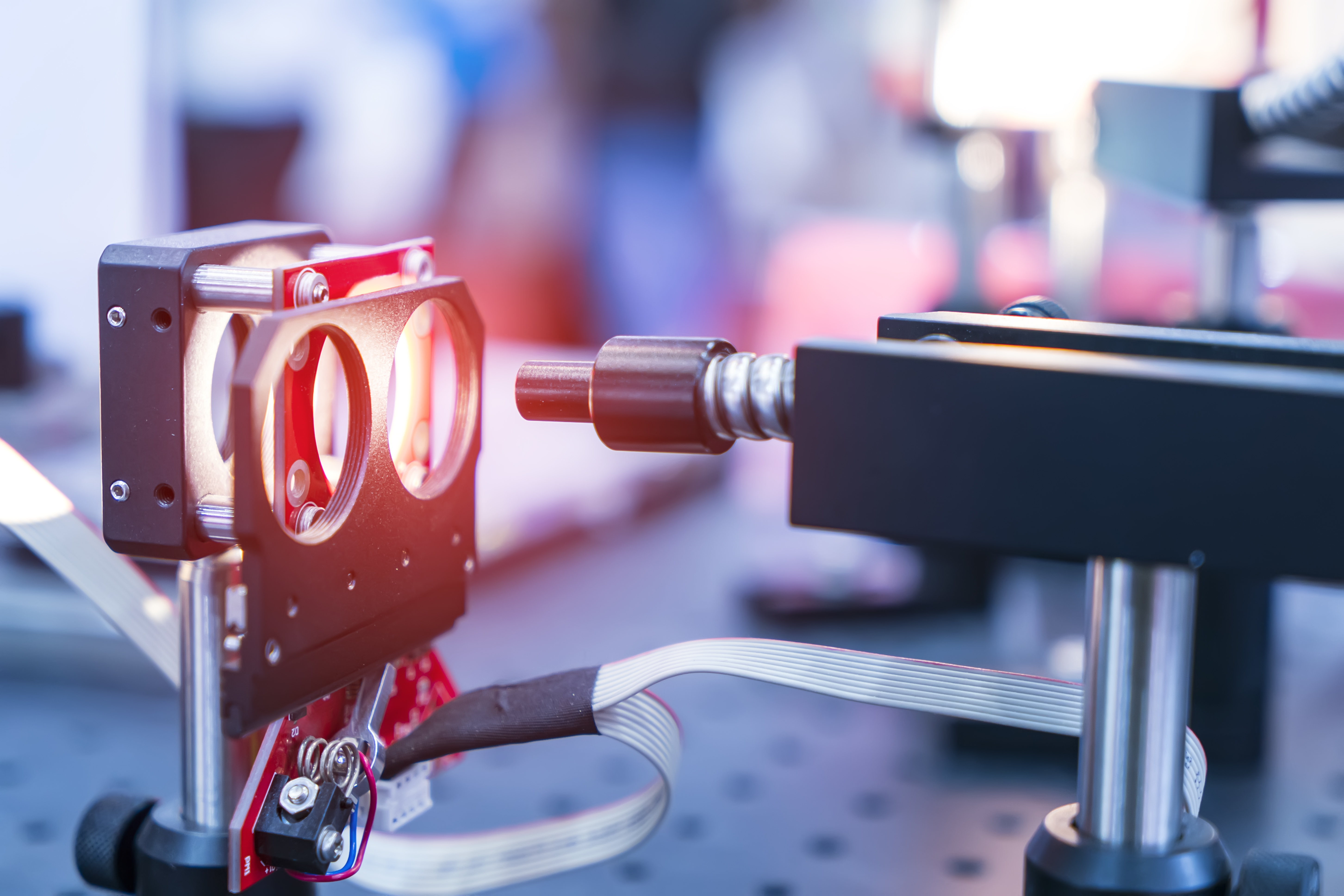Revolutionizing Automotive Manufacturing with Industrial CT Scanners
2025-03-13 00:00
In the rapidly evolving world of automotive manufacturing, quality control and precision engineering are critical factors in ensuring the production of reliable, safe, and high-performance vehicles. The Industrial CT Scanner is emerging as a game-changer in the automotive industry, offering manufacturers an advanced non-destructive testing method to inspect the internal and external structures of components, ensuring they meet the highest standards.

The Role of Industrial CT Scanners in Automotive Manufacturing
Industrial CT scanners are designed to provide detailed 3D images of a product's internal structures, without the need to cut or destroy the part being analyzed. This technology has become indispensable in automotive manufacturing for inspecting everything from engine components and transmissions to safety-critical parts such as airbags, brake systems, and structural elements.
Traditionally, automotive manufacturers relied on conventional methods like visual inspection or X-ray technology for quality control. However, these methods often have limitations, especially when dealing with complex, multi-material parts that require an in-depth analysis. Industrial CT Scanners offer a more comprehensive approach, allowing engineers to examine the internal and external integrity of parts in great detail.
Benefits of Industrial CT Scanners for Automotive Parts
1. Non-Destructive Testing: One of the most significant advantages of industrial CT scanning is that it allows for non-destructive testing. Components can be inspected without damaging them, making it ideal for high-value, hard-to-replace automotive parts. This reduces waste and allows manufacturers to reuse or remanufacture parts that meet the required standards.
2. Improved Quality Assurance: The ability to examine the internal structure of parts in 3D ensures that manufacturers can identify flaws, such as voids, cracks, or incorrect material placement, that may not be visible with the naked eye. This improved level of detail enhances overall quality assurance, reducing the risk of defects making it to the final assembly.
3. Increased Efficiency: By identifying potential issues early in the production process, industrial CT scanners help automotive manufacturers save time and money. Early detection of defects means less time spent on rework, ensuring smoother production flows and faster time-to-market for new models.
4. Optimization of Complex Components: Modern vehicles often include highly complex components, such as lightweight alloys and composite materials used in electric vehicles and advanced engine designs. The precision of Industrial CT Scanners allows manufacturers to optimize these parts, ensuring they are both lightweight and durable, meeting the stringent performance and safety standards.
5. Enhanced Safety: In the automotive industry, safety is a top priority. By providing detailed insights into the internal structures of safety-critical parts such as airbags, crash sensors, and seatbelt mechanisms, industrial CT scanners help ensure that these components function correctly and reliably during real-world use.
Applications of Industrial CT Scanners in Automotive Manufacturing
- Engine Components: The internal structure of engine parts, such as pistons, cylinders, and valve systems, can be examined to ensure that they are free of cracks and defects that could affect performance.
- Brake Systems: The precision of CT scanning technology allows for thorough inspection of brake components, ensuring that each part meets the highest safety standards for performance under extreme conditions.
- Electric Vehicle Batteries: As the automotive industry shifts toward electric vehicles, the need for high-performance batteries has grown. Industrial CT Scanners help manufacturers ensure the integrity of battery cells, detecting defects that could lead to overheating or failure.
- Suspension Systems and Chassis: The CT scan’s ability to analyze complex, multi-material components makes it ideal for inspecting suspension systems and chassis, which require both strength and flexibility to ensure the safety and comfort of the vehicle.
Future Prospects in the Automotive Industry
As the automotive industry continues to evolve, the adoption of Industrial CT Scanners will become increasingly essential. With the rise of electric vehicles, autonomous driving technology, and the push for more sustainable manufacturing processes, the demand for precise and reliable quality control methods will only grow. Industrial CT Scanners provide automotive manufacturers with a powerful tool to meet these challenges head-on.
With the ability to offer detailed insights into every aspect of a vehicle’s components, industrial CT scanning technology is set to play a key role in the next generation of automotive innovation. Manufacturers that integrate this technology into their production lines can ensure that their vehicles not only meet but exceed the quality and safety expectations of today’s demanding consumers.
In conclusion, Industrial CT Scanners are revolutionizing automotive manufacturing by offering non-destructive, high-precision analysis of critical components. With the benefits of improved quality control, increased efficiency, and enhanced safety, this technology is driving the future of automotive production, paving the way for safer, more reliable, and more innovative vehicles.








